8th International Food Legume Research Conference and 5th Australian Pulse Conference
The combined Conference will be a three-day scientific program beginning with a Welcome Reception on …
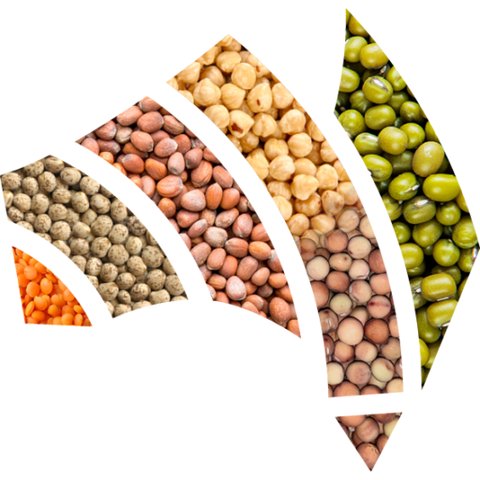
For the first time, agricultural innovation may align with both the economics of venture capital and the urgency of supply disruption
Exiting a company is a milestone—but for mission-driven founders, it’s also a chance to rethink how they create change.
In just four years, leading companies in the cultured meat sector have driven core production costs dramatically below what the Humbird TEA—and its surrounding media coverage—deemed possible.
Microalgae, those tiny organisms that thrive in water and sunlight, hold immense potential for addressing the world’s protein sustainability challenges. By tackling key cultivation bottlenecks and exploring alternative growth strategies such as mixotrophy, microalgae-based proteins may soon become more accessible to consumers, offering a valuable addition to our diets and food supply chains.
By taking the tools of tissue engineering and adapting them to work on a scale as large as agriculture, cell-cultured meat could change the world. But first, we need political will to fund foundational academic research in this field.












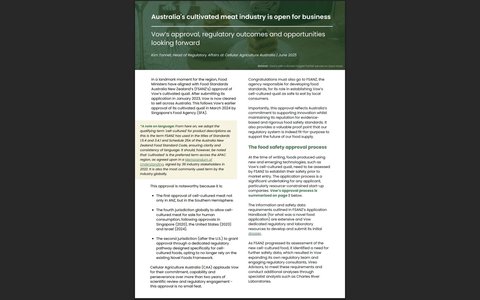

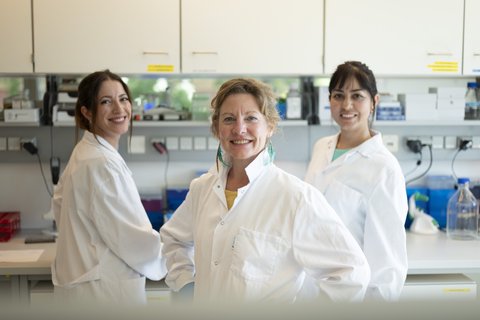
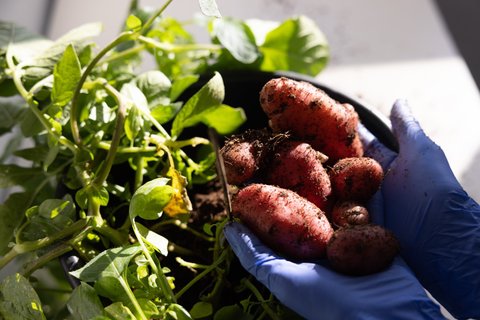
Algocell, an Israel-based deep-tech startup, closed a USD 2.8 million pre-seed round. The investment was led by Good Company VC (GCVC) and includes a non-dilutive grant from the Israel Innovation Authority together with several sector-focused angel investors.
Global agrifoodtech accelerator Eatable Adventures has announced the five startups selected for the first edition of Raíces, an ambitious program that bridges the innovation ecosystems of Spain and Latin America. The initiative aims to scale the most disruptive agrifood solutions from the Spanish-speaking world to the global stage.
EIT Food RisingFoodStars, Europe’s premier scale-up programme for agrifoodtech ventures co-funded by the European Union, today announces its 2025 cohort.
Joyn Foods (formerly Mush Foods) made waves at this year’s National Restaurant Association (NRA) Show with the debut of its 50CUT ingredient — a proprietary mushroom mycelium blend that won the prestigious 2025 FABI Favorite Award for its culinary innovation and sustainability impact.
Food Matters Live has unveiled the full programme for its inaugural continental Europe event, set to take place 23–24 September 2025 at the Rotterdam Ahoy Convention Centre.
The combined Conference will be a three-day scientific program beginning with a Welcome Reception on …

The World Agri-Tech Innovation Summit in London is the leading European networking event, uniting …

Taking place on 23 and 24 September 2025 at the Ahoy Convention Centre in Rotterdam, Food Matters …

Future Food-Tech returns to London on September 24-25, 2025 bringing together 600+ leaders from food …

Reuters Events: Transform Food & Agriculture USA 2025 (October 14-15, Minneapolis) accelerates the …

Bridge2Food
Posted: Dec 16, 2024

Posted: May 17, 2024
Closing: Jun 30, 2024

A few words about us!Nutropy is a venture-backed French company that develops an animal-free plug & …
Posted: Aug 21, 2023
Closing: Jan 30, 2024

Posted: Jun 14, 2023
Bridge2Food
About Bridge2FoodBridge2Food is a Netherlands-based organizer of global conferences, professional …
Posted: Feb 23, 2023

The Role:The VP of Process Development & Scale Up will lead Air Protein’s Fermentation and Recovery …
Posted: Jan 17, 2023
Closing: Apr 1, 2023





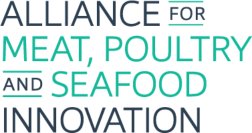



No spam. Unsubscribe anytime.